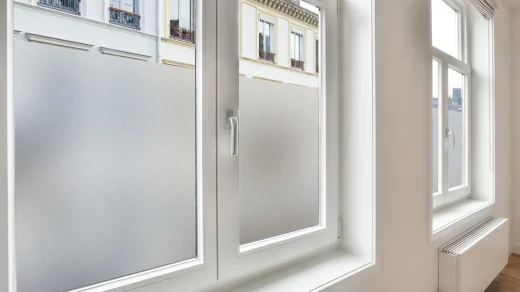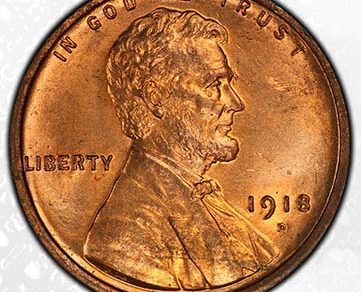When homeowners decide to sell their house, one of the first questions that come to mind is, “How long will it take?” The average time to sell a house can vary depending on multiple factors at https://www.prohomebuyersolutions.com/we-buy-houses-florida/. A house can take a few weeks to several months to sell. However, it’s important to remember that this is a general estimate, and individual circumstances can significantly impact the timeline.
Factors Affecting the Selling Time
Several factors contribute to the time it takes to sell a house. Understanding these factors will help you set realistic expectations and make informed decisions throughout the selling process.
1. Market Conditions
The state of the real estate market at https://www.prohomebuyersolutions.com/we-buy-houses-florida/ plays a crucial role in determining how quickly a house sells. In a seller’s market, with high demand and limited inventory, houses sell faster. On the other hand, in a buyer’s market, where there is more supply than demand, the selling process may take longer.
2. Location
The location of your house can influence its selling time. Properties in desirable neighborhoods or areas with high demand will likely attract more buyers and sell quickly. In contrast, houses in less popular areas may take longer to sell.
3. Price
Pricing your house correctly is essential for a timely sale. Overpricing can discourage potential buyers, while underpricing may lead to financial losses. Working with a real estate agent can help you determine the optimal price based on market trends, comparable properties, and the condition of your house.
4. Property Condition
The condition of your house is another crucial factor. A well-maintained and visually appealing property will attract buyers and sell faster. Consider making necessary repairs, decluttering, and staging your home to enhance its appeal and speed up the selling process.
Setting the Right Price
One of the critical elements in selling a house quickly is setting the right price. Pricing your house too high can deter potential buyers, whereas pricing it too low may lead to financial loss. To determine the optimal price, consider the current market conditions and recent sales of similar properties in your area, and consult a real estate agent with expertise in your local market. An experienced agent will conduct a comparative market analysis (CMA) to help you set a competitive, realistic price that attracts buyers.





